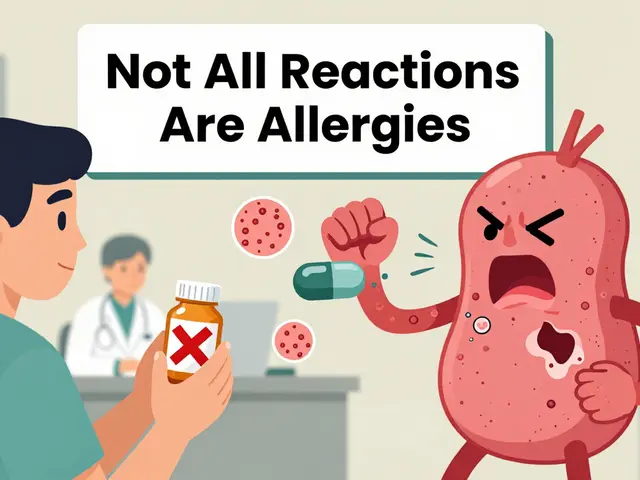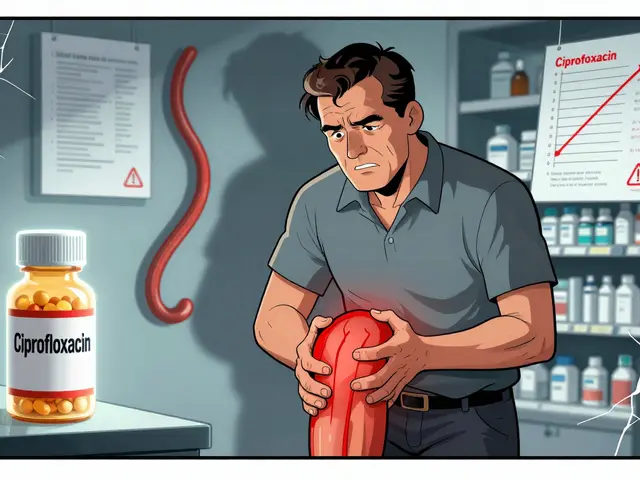Blood Cancer Impact: What It Means for Your Body
Blood cancer isn’t just a fancy term you hear on the news—it's a real condition that changes how your blood works. Whether it’s leukemia, lymphoma, or myeloma, the disease attacks the cells that carry oxygen, fight infection, and clot your blood. Understanding the impact helps you notice warning signs early and make smarter choices about treatment and daily life.
Most people think of cancer as a solid lump, but blood cancers spread silently through the bloodstream. That’s why symptoms often feel vague at first. You might notice fatigue that won’t go away, easy bruising, or frequent infections. These happen because the cancerous cells crowd out the healthy ones that normally keep you energized and protected.
How Blood Cancer Affects Your Body
When cancer cells take over the bone marrow, they stop making enough red blood cells. Less red blood means less oxygen for your muscles and brain, which explains the constant tiredness and shortness of breath during simple tasks. White blood cells, the soldiers of your immune system, also get compromised. That’s why a small cut can turn into a serious infection quickly.
Platelets are another piece of the puzzle. They help your blood clot, so a drop in platelet count leads to easy bruising, nosebleeds, or gum bleeding. In some cases, the disease can cause the spleen to enlarge, creating a feeling of fullness in the left side of the abdomen.
Treatment itself adds a layer of impact. Chemotherapy and targeted drugs can further lower blood counts, making you feel weak for weeks. Radiation to the bone marrow can cause long‑term fatigue. Knowing these side effects ahead of time lets you plan rest days, stay hydrated, and keep a close eye on any new symptoms.
Living with Blood Cancer: Tips and Resources
First, stay connected to your medical team. Regular blood tests show how the disease is progressing and whether you need a treatment tweak. Don’t hesitate to ask questions—knowing why a medication is prescribed helps you stick to the plan.
Second, protect your immune system. Wash your hands frequently, avoid crowded places during flu season, and keep up with vaccinations that are safe for you. Simple habits like these cut down on infections that could pause your cancer therapy.
Third, nutrition matters. A diet rich in lean proteins, leafy greens, and whole grains supports blood cell production. If you lose appetite from treatment, small, frequent meals or high‑calorie shakes can keep your energy up.
Fourth, prioritize rest. Fatigue is a major complaint, so schedule short naps and aim for 7‑8 hours of sleep at night. Light exercise, like walking or yoga, can actually boost stamina without overtaxing your body.
Lastly, look for community support. Online forums, local cancer support groups, and counseling services give you a place to share fears and celebrate wins. Your mental health is as important as the physical side of treatment.
Blood cancer changes the way your blood works, but with the right knowledge, you can spot signs early, manage side effects, and keep quality of life high. Stay proactive, ask questions, and lean on both professionals and peers—you’re not fighting this alone.


